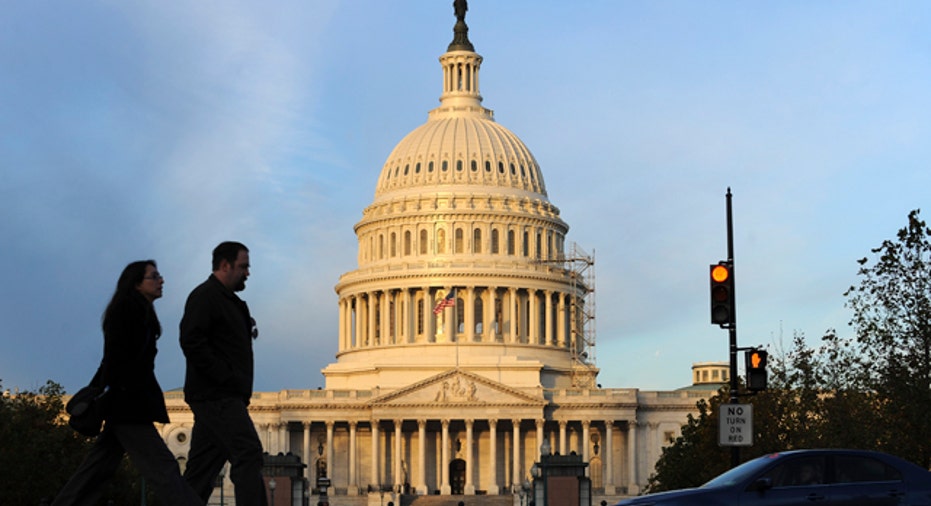Online Sales Tax: Who Wins, Who Loses?

A nationwide debate is re-heating up on the small business front, over whether retailers should be forced to impose an e-commerce tax on items sold over the Web.
Some argue a “web tax” could help even the playing field for brick-and-mortar small businesses, which already tax store-sold goods, because their larger online competitors will now be forced to charge a sales tax as well. Others say it will further complicate an already complex tax system for business owners.
Earlier this month, Amazon ended its relationship with its Illinois-based affiliates, effective April 15, which means state residents can no longer make purchases from the online retail giant. This came after Gov. Pat Quinn (D-IL) signed a law stating it will collect state tax on online purchases made by Illinois residents, allowing it to recover 6.25% of the purchase price. Other states including New York, North Carolina and Rhode Island have also enacted similar laws. And some states that are in hot water with budget deficits are considering similar legislation, even if it may mean they will lose partnerships with major retailers like Amazon, according to Rhonda Abrams, president of The Planning Shop and small business columnist for USA Today.
Former Rep. William Delahunt (D-MA) introduced the "Main Street Fairness Act" to Congress several years ago, however, he said Congress has thus far refused to act on his proposal. A piece of the legislation, the Streamlined Sales and Use Tax Agreement, would implement an online sales tax for states that sign on, and allow online retailers to file a single payment of the taxes collected. It has been signed by 24 states so far. If Congress were to take action on the overall Main Street Fairness Act proposal, then an online sales tax would go into effect in all 24 states that have so far signed on to the Streamlined Sales and Use Tax Agreement.
Delahunt said his proposal would give small businesses a fairer shot when competing with e-commerce giants. Right now, consumers may shop online to avoid having to pay sales taxes, whereas this legislation would tax all web sales.
"These large e-commerce enterprises are not required by law to collect sales taxes, where local businesses in our cities and towns have to pay the sales tax (in stores). Small businesses are disadvantaged," he said. "This (law) would make it much easier for small business, and at the same time it allows the out-of-state people to collect sales tax from wherever the buyer is."
If Congress were to take action on the Main Street Fairness Act and it became law in all 24 states that have signed on to the Streamline Sales and Use Tax Agreement, major online sellers would have less leeway to disband from their affiliates in places like Illinois, Delahunt said.
Grafton "Cap" Willey, managing director of the national CPA firm CBIZ Tofias, said a Web tax is a double-edged sword for small businesses. On one hand, it could help even the playing field for small businesses and the larger companies they are aiming to compete with, with both groups – no longer just the in-town mom and pops -- charging sales tax on the items they sell. On the opposite end of the argument, it would be very expensive and complicated for small businesses who sell products over the Internet to file their taxes with this additional tax, Willey said.
"There's an issue on the competition side, and another on the compliance side," Wiley said. "People selling a lot on the Internet don't want to see this happen, but states are getting killed with the online revenue."
President and CEO of Basic Business Concepts Marilyn Landis said small business owners have more to lose than gain if this tax is implemented. Small business owners already struggle with a complicated tax code, and this additional record keeping and liability adds an unnecessary layer of complexity, she said.
"If you are doing sales across the country, there is a mismatch of what states you are in and what tax code you are under," Landis said.
There is already a competitive disadvantage to tax laws in different states, Landis said. States looking to get their hands on this extra revenue might find their plans backfiring.
"States are looking for lots of ways to get this revenue back," she said. "If small businesses have to tax these items, and cannot cut price elsewhere, they will lose sales."
Many products are price-sensitive, Landis said, and in a faltering economy, people will find another supplier once a business hits a certain price point.
"There's not room in this economy," she said. "The small business will be forced to find cuts to keep their price the same. I'm not sure that small businesses have the room to cut."
If the taxes are instated on Web sales, Willey said he doesn't think local businesses that sell products online would lose their clientele.
"There is a whole generation now where Internet transactions are easy to do from home, any time," he said. "I don't know that people would necessarily change their habits."
If these taxes are passed nationwide, state budgets stand to gain a lot of revenue, Willey said.
"If they are successful in accessing this, its significant revenue," he said. "Internet transactions have gone up each year."



















